Coronavirus Europe: UK to keep restrictions as coronavirus cases increase
The UK has been forced to put the break on lockdown easing as cases creep up across Europe, with young people blamed for fuelling a second wave.
UK Prime Minister Boris Johnson has announced he will “put the brakes” on easing lockdown restrictions amid a rise in coronavirus cases that have fuelled fears of a second wave.
From the UK to Spain, France, Germany and Denmark, the number of coronavirus cases are inching up for the first time since drastic lockdowns have been lifted, sparking fears of a second peak in the virus in the northern autumn.
On Friday, Mr Johnson said he would delay the opening of venues such as casinos, bowling alleys and skating rinks until at least August 15 for England.
Weddings that were set to allow more than 30 people have been put on ice and pilots of live performances are also on hold.
“I have said our plan to reopen society and the economy is conditional. that we would not hesitate to put the brakes on if required. Our assessment is that we should now squeeze that brake pedal,” the Prime Minister said in a Downing Street briefing.
He said the UK “cannot be complacent” about increasing infection numbers and cited latest figures for the Office for National Statistics showing virus cases are thought to have increased from 2,800 to 4,200 since last week.
“The prevalence of the virus in the community, in England, is likely to be rising for the first time since May,” he said.
RELATED: Follow our live coronavirus blog
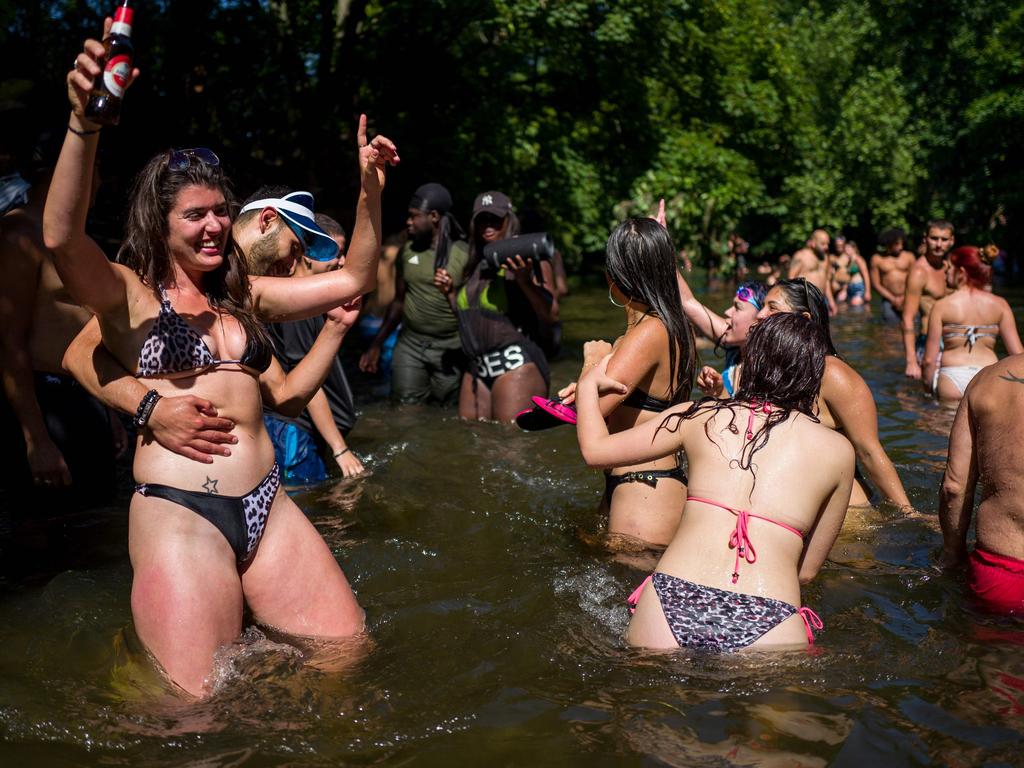

RELATED: Full list of those who can enter Queensland under restrictions
YOUNG BLAMED FOR DRIVING SPIKE
It comes after the World Health Organisation’s regional director for Europe Dr Hans Kluge warned this week that young people could be driving an increase across the continent.
“An increasing number of countries are experiencing localised outbreaks and a resurge in cases. What we do know, is that it’s a consequence of change in human behaviour,” he told BBC’s radio four.
“We’re receiving reports from several health authorities of a higher proportion of new infections among young people. So for me, the call is loud enough to rethink how to better involve young people.”
Dr Kluge speculated that a reluctance to miss out our summer holidays could be driving riskier behaviour, but said young people “have a responsibility towards themselves, their parents, grandparents and their communities and we do know, now, how to adopt good healthy behaviours so let’s take advantage of the knowledge.”
RELATED: Queensland teen reveals vile abuse
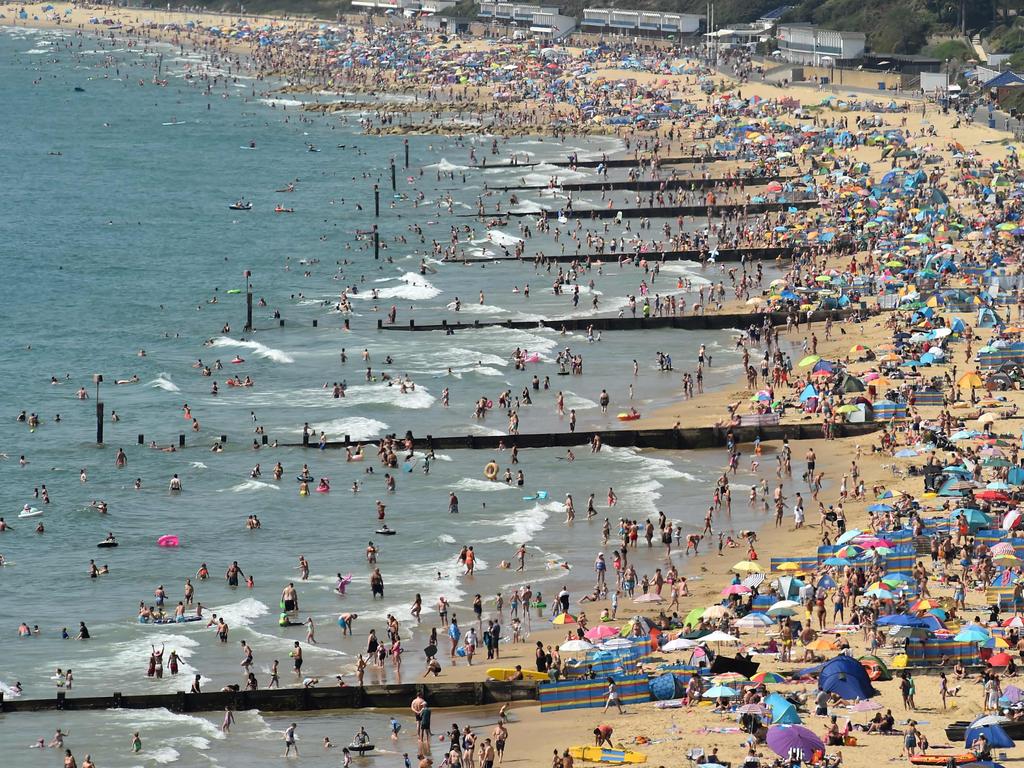
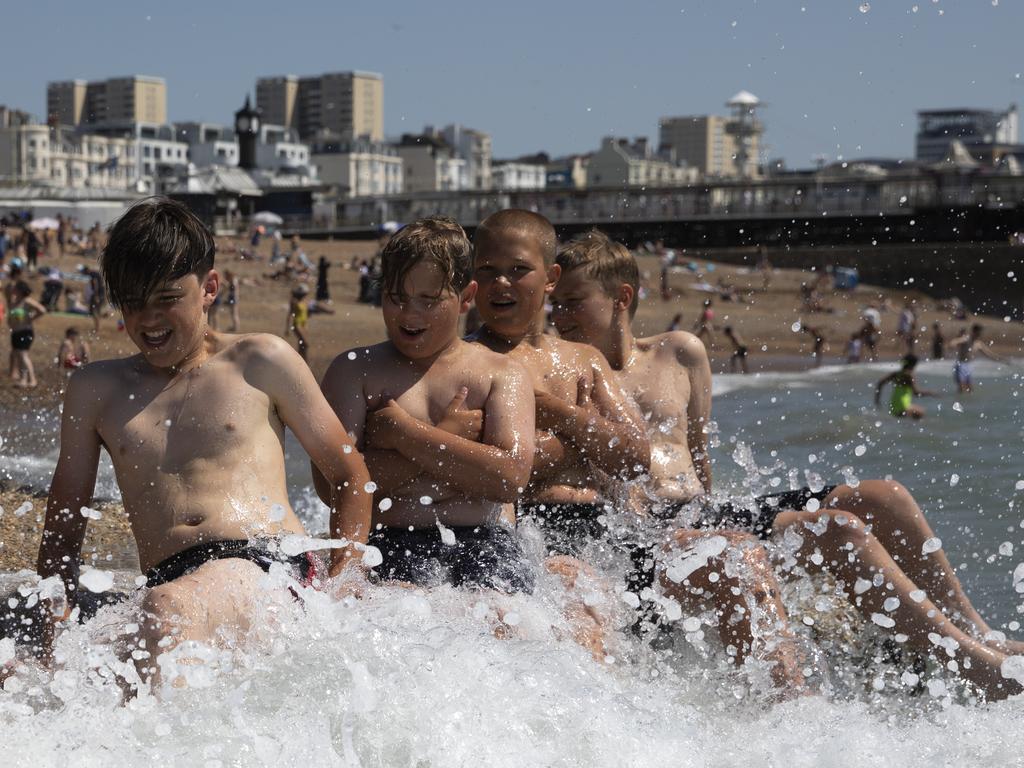
INCREASE IN CORONAVIRUS CASES
The UK has already announced it would introduce regional lockdowns banning indoor meetings in parts of northern England including Greater Manchester and parts of Lancashire and Yorkshire.
Health Secretary Matt Hancock said the restrictions were being brought in because people were “meeting and not abiding to social distancing”.
“We take this action with a heavy heart, but we can see increasing rates of COVID across Europe and are determined to do whatever is necessary to keep people safe,” Hancock said on Twitter.
The government also shocked travellers last weekend by quickly bringing in quarantine requirements for those returning from Spain, prompting travel chaos and cancellations from those who could not afford the time off work.
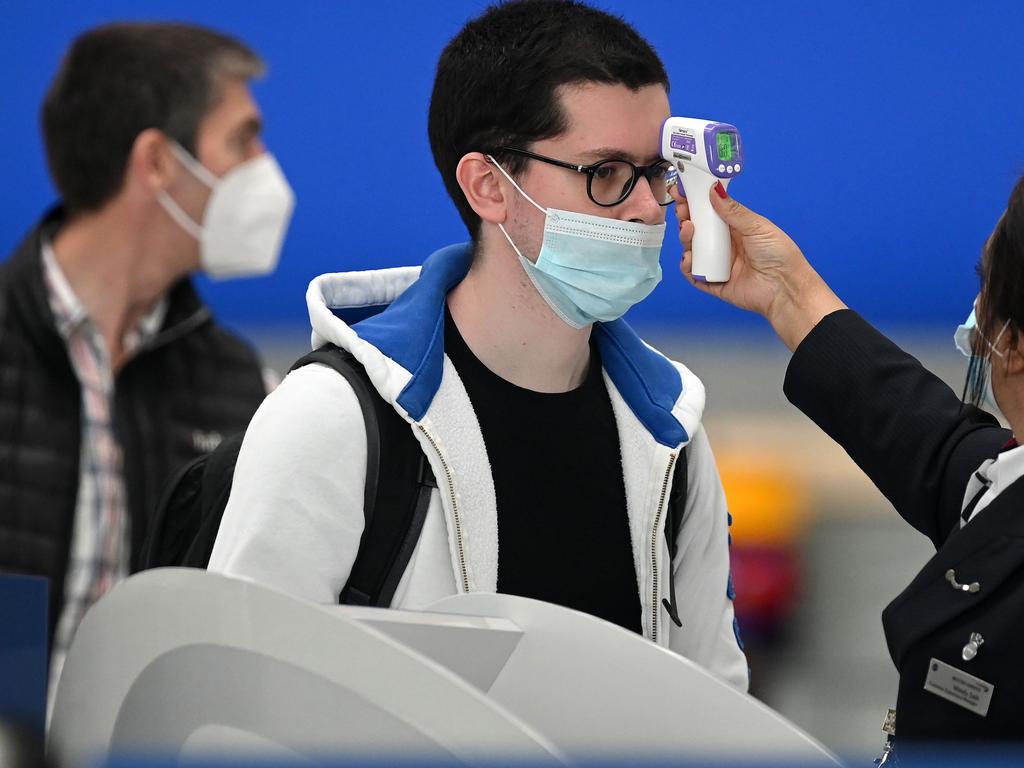
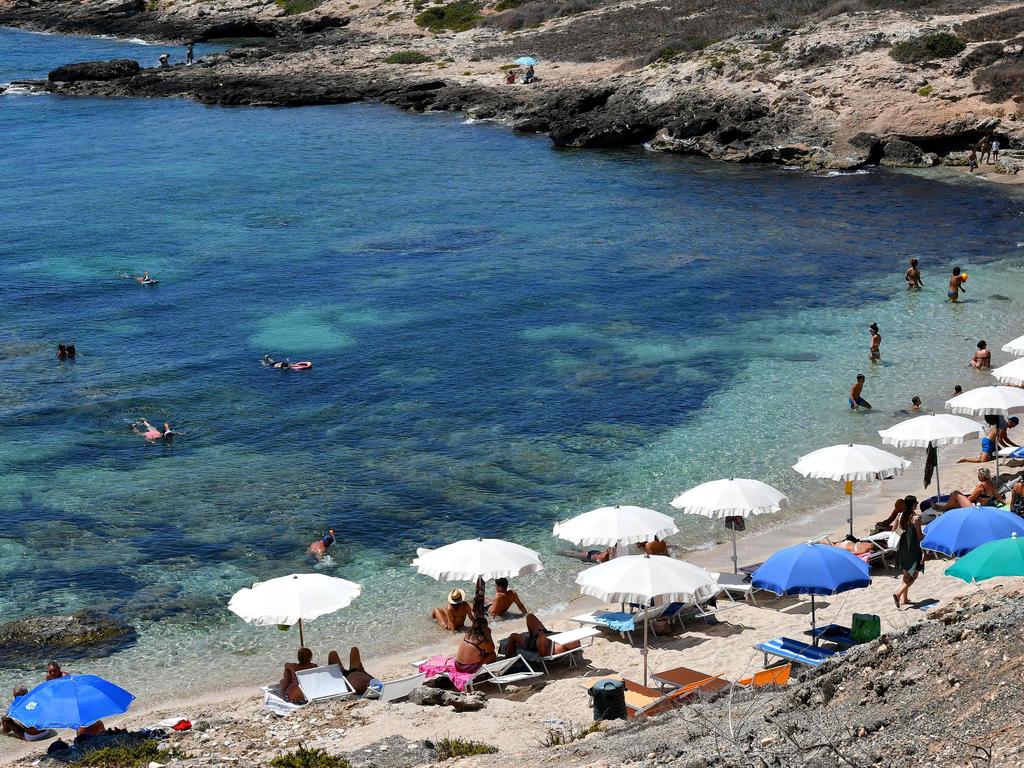
Germany has also added three northern Spanish regions, Catalonia, Navarre and Aragon, to its list of high-risk destinations, meaning anyone arriving from those areas will have to produce a negative coronavirus test or go into quarantine for 14 days.
The affected regions include the tourist hot spots of Barcelona and the beaches of the Costa Brava.
Germany, itself grappling with a surge in cases, has announced mandatory, free coronavirus tests at airports for anyone entering the country from a high-risk area.
Denmark has also seen a small uptick in its low number of cases, with 69 recorded on Friday.
Danish officials moved to recommend face masks on public transport after saying they “did not make sense” earlier.
The US remains the worst-hit country globally with 152,070 deaths from 4,495,224 cases. At least 1,414,155 people have been declared recovered.
After the US, the hardest-hit countries are Brazil with 91,263 deaths from 2,610,102 cases, Mexico with 46,000 deaths from 416,179 cases, United Kingdom with 45,999 deaths from 302,301 cases, and India with 35,747 deaths from 1,638,870 cases.
The country with the highest number of deaths compared to its population is Belgium with 85 fatalities per 100,000 inhabitants, followed by Britain with 68, Andorra with 67, Spain 61, Italy 58, and Peru 58.
China — excluding Hong Kong and Macau — has to date declared 84,292 cases (127 new since Thursday), including 4,634 deaths (0 new), and 78,974 recoveries.
- With wires




